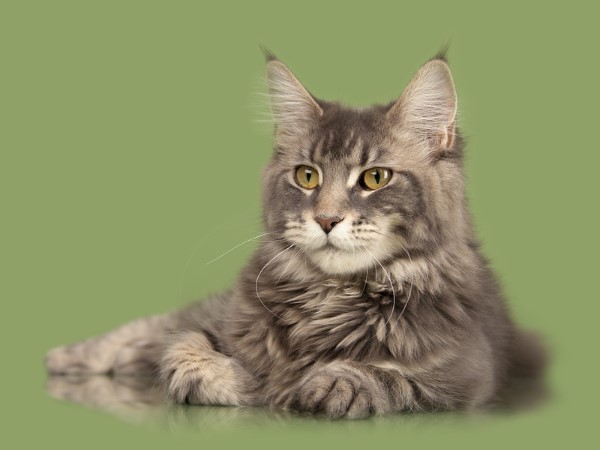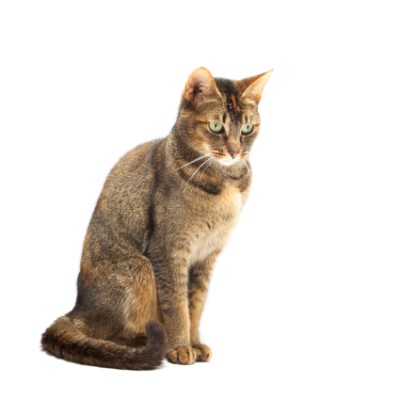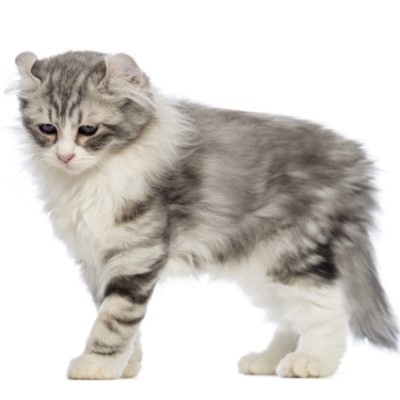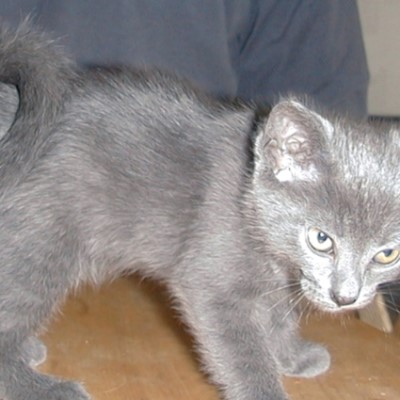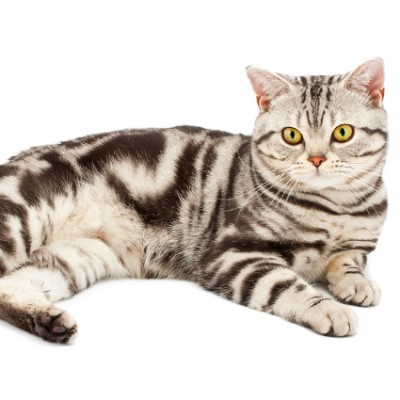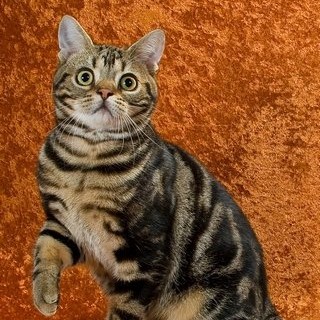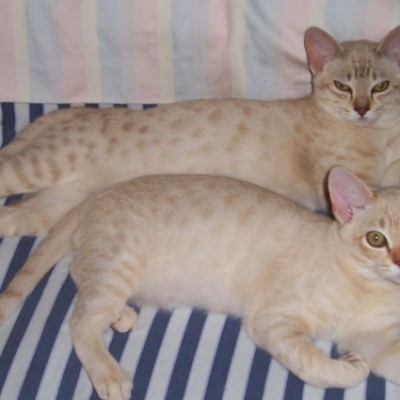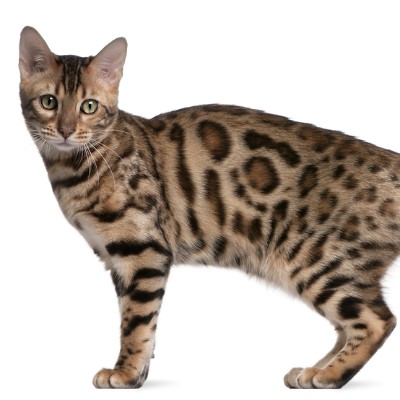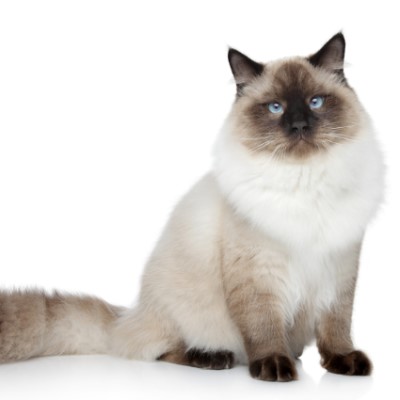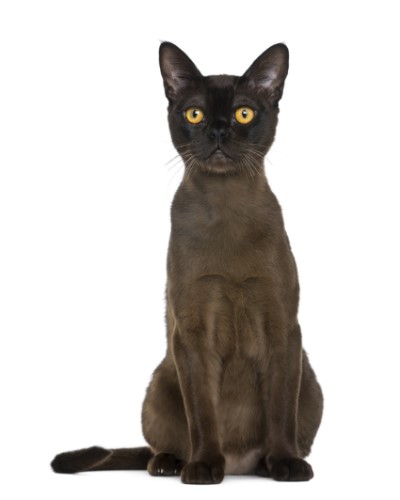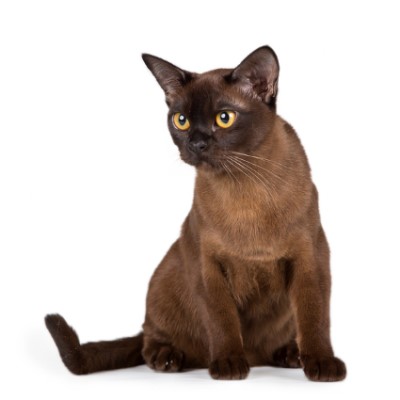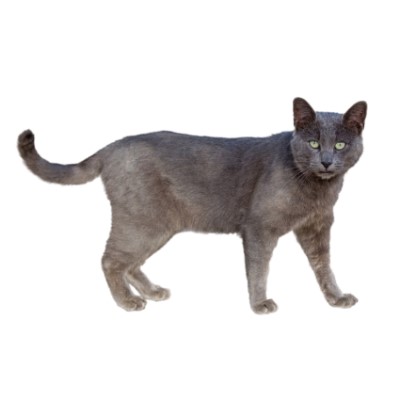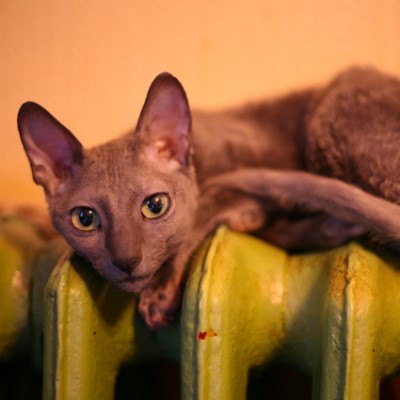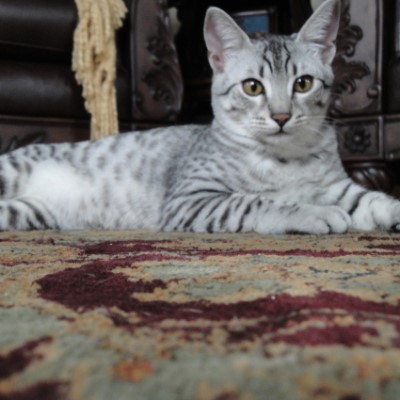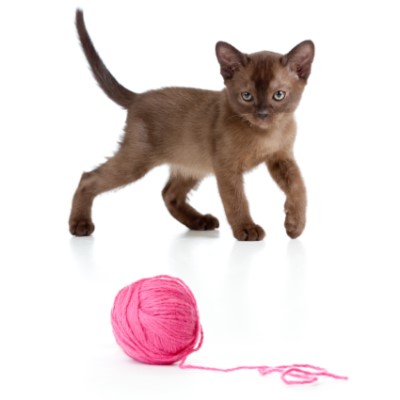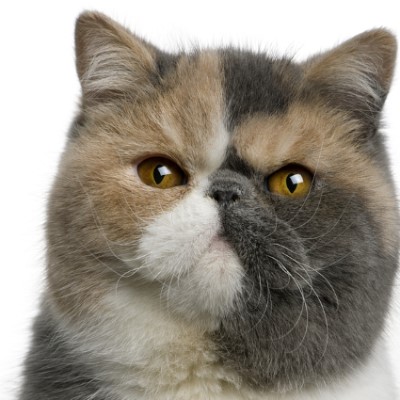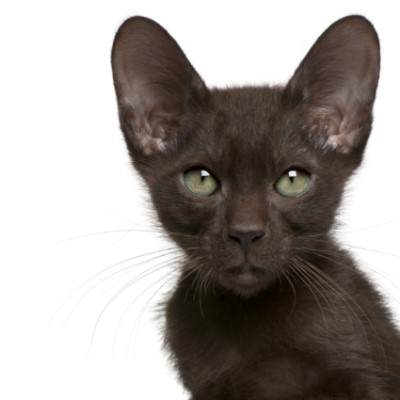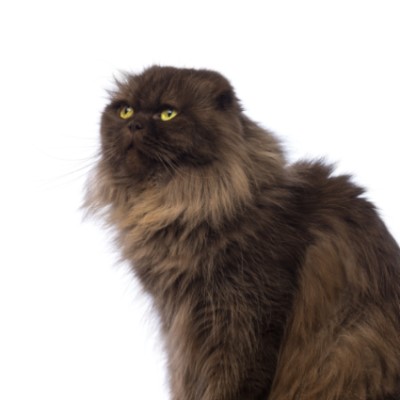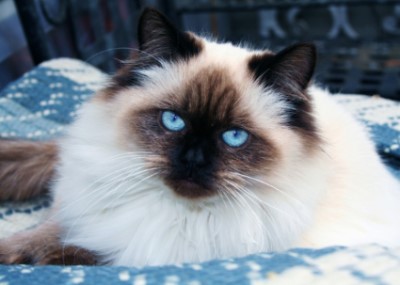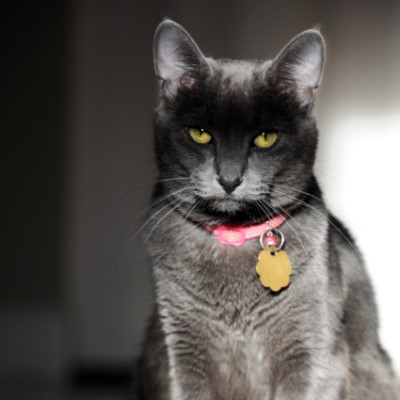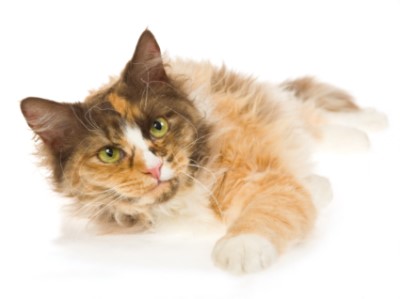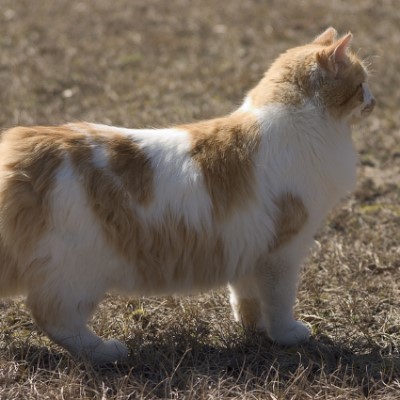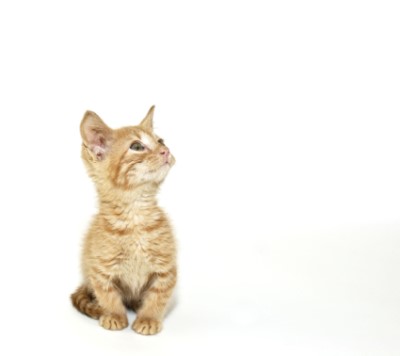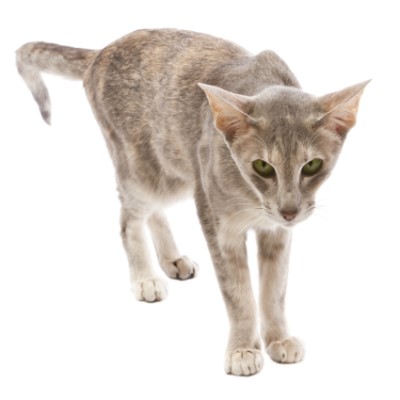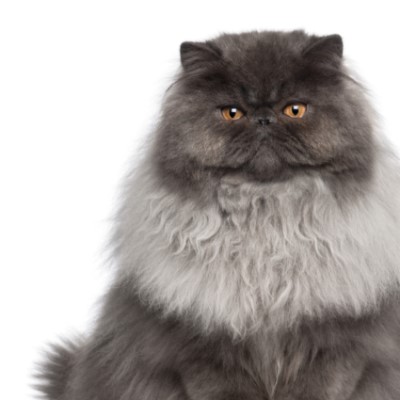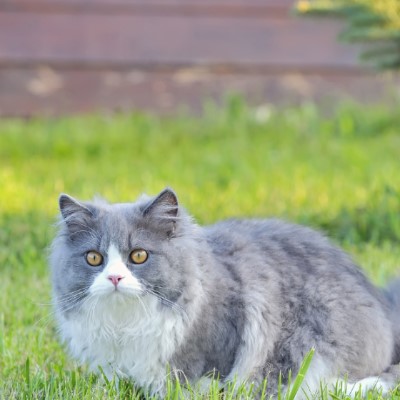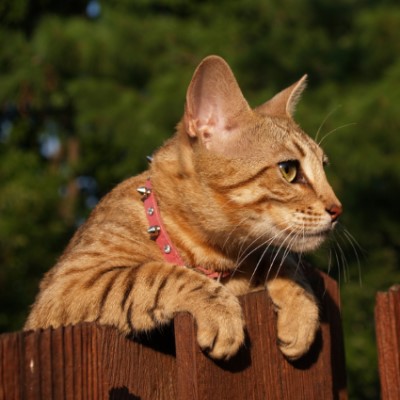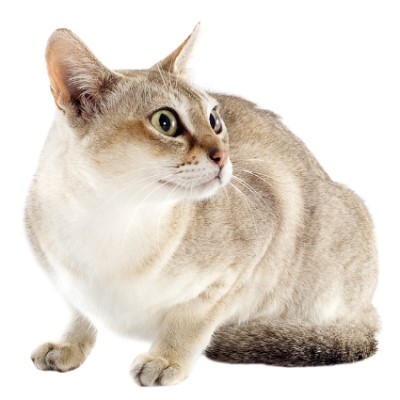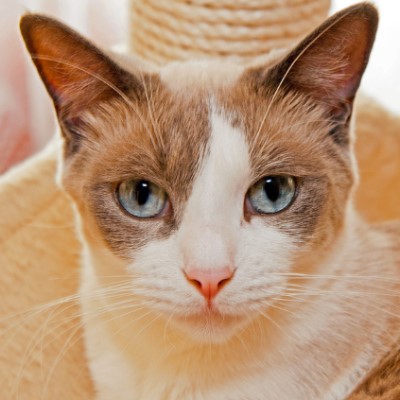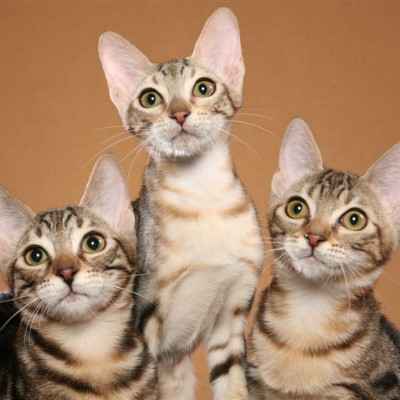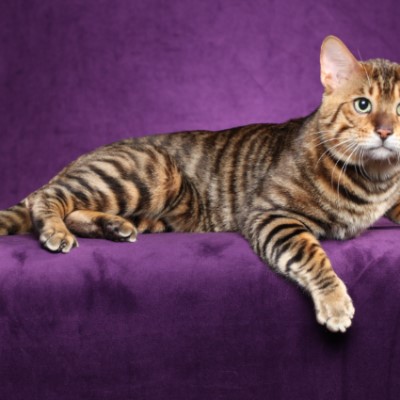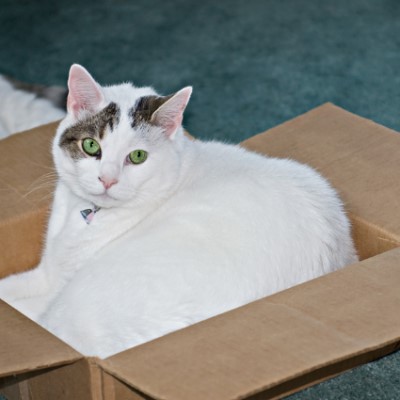Common Reasons for Surrender
Most Maine Coons are surrendered through no fault of their own. Sometimes their owner dies or simply becomes incapable of caring for their cat any longer. Other times the owner loses his job, the family moves and cannot take their cat with them, or a new baby arrives.
Pros
An intelligent breed, Maine Coons have rightfully earned the reputation as gentle giants and loyal companions. They just want to be with their families and, because of their patience and laidback nature, they typically get along well with both children and dogs. Unlike some breeds, Maine Coons handle stress incredibly well, making adjusting to a new home or a new situation much easier.
Cons
The Maine Coon is a natural breed, not a man-made breed and their size is comparable to a dog, which may turn off some people. (Their large size does not, however, mean they need to eat more food than smaller cats.) Their long hair requires regular maintenance to avoid matting. While Maine Coons shed, the shedding can be minimalized through a proper diet and regular combing. However, those with allergies may find that they don’t do well with a Maine Coon.
Diet
Feed your Maine Coon a diet that contains a lot of real meat rather than meat by-products. Byproducts are essentially the least healthy and the most undesirable parts of a cow, turkey, or chicken. Avoid foods that include by-products in the ingredients. If you offer treats, do so in moderation. While you should never feed your cat from the dinner table during mealtime (to avoid him developing a bad habit), you might want to give him cooked chicken for a treat. Freeze dried meat treats, made from 100 percent meat, are a good treat option.
Exercise
Much bigger than other cats, the Maine Coon needs at least an hour of exercise each day to remain healthy and lean. If your cat isn’t getting enough exercise or playing enough, he will typically let you know by coming up and initiating playtime on his own. Exercising should consist of activities that take place on the ground; avoid anything that will require your Maine Coon to jump a lot. If your Maine Coon has another feline companion, he’ll be able to play and get sufficient exercise with his friend. If not, schedule short play sessions throughout the day, ensuring your cat gets approximately an hour each day.
Possible Health Issues
Generally a hardy breed, Maine Coons sometimes deal with gingivitis, which can be treated, and may be prone to hip dysplasia and Hypertropic Cardiomyopathy (HCM).
Litter
Natural litters are healthier for cats, so opt for a natural brand such as: Feline Pine, Sweat, and Worlds Best Cat Litter. Pellet bedding is also safe and absorbs urine effectively.
Grooming
Considered a low maintenance breed, Maine Coons do require some grooming to avoiding matting of the hair. Brush your cat with a metal comb regularly to keep his coat silky.
Training
An intelligent breed, Maine Coons can be trained, but teach your Maine Coon things that he would naturally do. Many cats, for example, have been successfully taught to walk on a leash by first putting the cat on a leash then having him chase one of his toys.
Entertainment
Maine Coons love to chase after feather toys, balls, and laser toys, all of which can help them expend energy. They also enjoy playing with other cats.
We want to thank Texas Maine Coon Rescue and Maine Coon Rescue Alliance for help with this profile.
